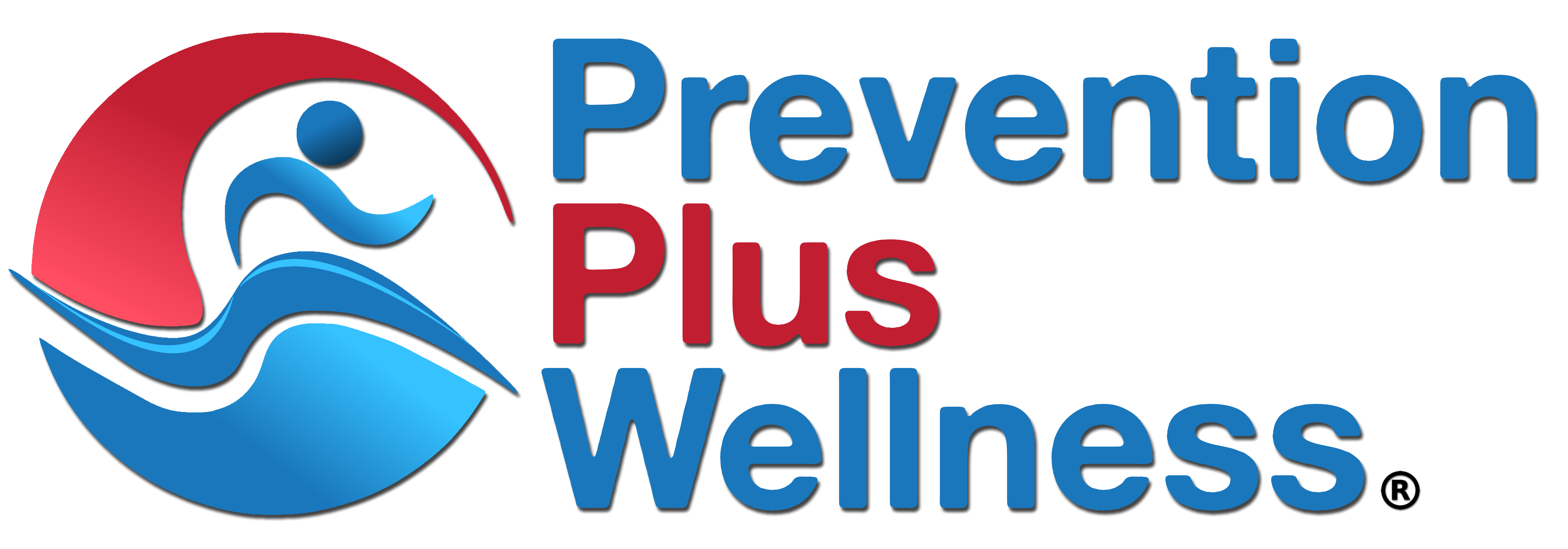In 2023, a published study of school personnels’ perceptions of diversion programs found they believed that diversion programs were more effective but less commonly used than punitive approaches (https://www.jahonline.org/article/S1054-139X(23)00204-5/fulltext).
Primary barriers to implementing diversion programs included funding, staff training, and parental support.
The researchers concluded that the findings lend further support for a transition away from punishment and toward more restorative alternatives.
The study findings also suggest that diversion programs that minimize staff time and those that parents support would be most acceptable, as well as those that are not to expensive to purchase and use.
Prevention Plus Wellness (PPW) programs meet these recommended requirements for diversion because they:
1) Require only a couple of hours of online training time to learn to implement and are provided to youth in person or online in just a single 45-minute motivational session;
2) Address common healthy habits that the majority of youth lack including regular physical activity, healthy nutrition, sleep and stress control which parents and caregivers are likely to approve of and endorse; and
3) Are reasonably priced and cost-effective when compared to lengthier or more intensive diversion and prevention programs.
PPW programs were originally created as universal prevention interventions for use with all youth and among general youth populations.
However, research suggests that substance using youth may benefit the most from PPW programs.
For example, the SPORT (Alcohol/Drug) PPW program was shown to have medium to large effect sizes in preventing alcohol and drug use among substance using high school adolescents versus small to medium effects for general youth populations (https://link.springer.com/article/10.1007/s11121-005-0012-3).
PPW programs are currently used across the US as diversion programs to address student use of e-cigarettes, marijuana, alcohol, opioids and other drugs, or students found carrying drugs or drug paraphernalia such as vape pens.
They are typically implemented to small groups of students or individually as a PPW Screening, Brief Intervention and Referral to Treatment (SBIRT), but can be offered completely online.
In conclusion, PPW programs offer a positive, whole-health alternative to punitive measures designed to promote the mental and physical wellbeing of students.
Learn more about PPW program and training today: https://preventionpluswellness.com

